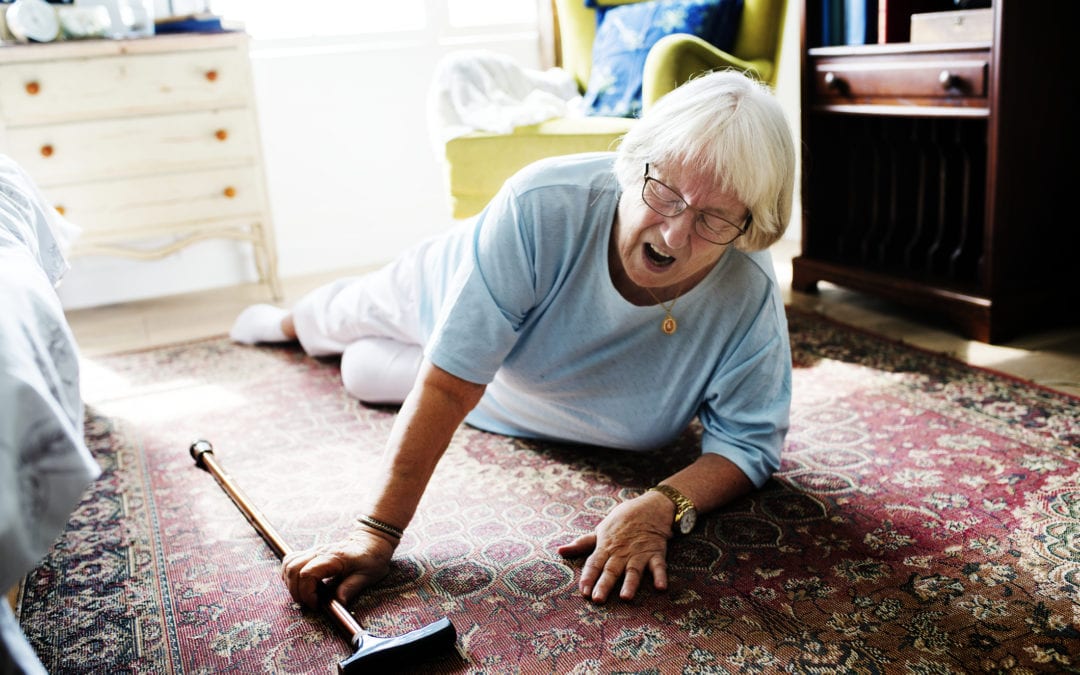As we age, we may lose core strength and be unable to maintain our balance. This risk, coupled with bone density loss, puts us at great risk of serious injury in the event of a fall. If you or a loved one are at risk of a catastrophic fall, it’s critical to put safety plans in place now.
Preventing Broken Bones
One of the greatest challenges a senior can suffer after a fall is broken or fractured bones. Not only do many of these bones require surgery to repair, but seniors lose strength and muscle tone every day they are unable to get around, putting them at greater risk after recovery. Seniors can also develop infections following surgeries for broken bones and may develop lung conditions, including pneumonia while recuperating. Finally, one of the most frightening worries for many seniors is the risk of falling and being undiscovered for a time after the injury. It may take some convincing, but this worry can be reduced with a medical assist device your loved one can wear to alert authorities of an emergency.
Maintaining Mental Health
A bad fall can cause an older person to lose confidence in their ability to care for themselves and get out in the world. This fear can lead to isolation and depression. Even if nothing is broken in a fall, the recovery time can be painful and leave the senior feeling helpless. It’s also important to remember that not every injury from a fall is immediately noticeable. One in five falls results in serious or catastrophic injuries, including TBIs, which are primarily caused by falls. If your loved one suffers a fall and strikes their head or injures their back, they are at risk for a concussion or traumatic brain injury. It’s critical that they are carefully monitored for signs of confusion, loss of time, headache, slurred speech or vision problems.
Building Strength and Balance
If your loved one suffers a fall and becomes timid or worried about another one, it’s important that they discuss it with their physician. Medical conditions such as low blood pressure can contribute to balance problems. In addition, there are some simple exercises they can do at home to help build core strength and confidence. In addition to exercises to build strength, many seniors gain confidence with gentle yoga or Tai Chi classes to stay limber and strong. Finally, shadow boxing is a great way to have some fun and build confidence by practicing rapid movements of the hands and arms. If your loved one stumbles, learning to reach out quickly to catch themselves can keep a simple trip from turning into a broken bone.
Carefully assess your loved ones home for potential hazards. Add grab bars to showers and improve the lighting in dressing areas. Consider adding an open-bottomed commode over the toilet so armrests are available when the elderly person needs to stand up. Add motion-sensor lights near staircases or any level changes to both alert your loved one to a flooring risk and to make it easier to see. Doing things like these will help make sure your elderly loved one can stay safe.
If your loved one does fall, you’ll want to make sure they have good medical coverage. Take a look at our Medicare plans and see which one fits best for them.


